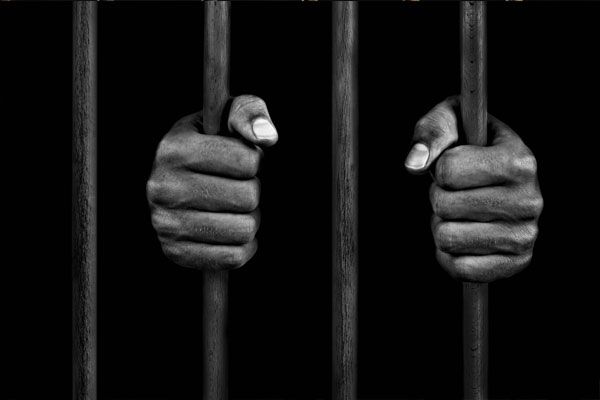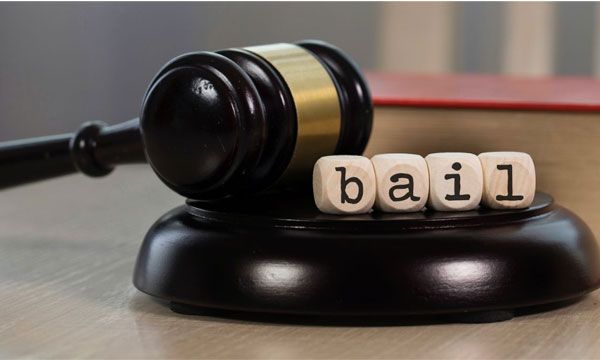General
All You Need To Know About Bail In Nigeria

In a layman language, bail can be viewed as a conditional freedom granted to an accused. In other words, the accused or suspect gets to appear before the authorities anytime his presence is demanded after meeting up with certain bail conditions. Bail In Nigeria
To explain this better, picture it this way: a person who was accused of stealing from his neighbor can be granted bail pending further investigation.
Though the application for bail is usually done by the counsel to the accused, there are many other intricacies to getting a bail under the law of federation of Nigeria. Let’s dig deeper to understand this piece better.
Types of Bail
It is of utmost importance to stress the fact there are several types of bail recognizable under the constitution of Nigeria. They include:
- Police Bail
- Court Bail
1. Police Bail

Usually when an individual is arrested by police officers, he is taken to the police station for further interrogation. However, a suspect is not expected to be in police custody for more 24 hours or 48 hours or as the case may apply. As such, the suspect can be granted bail by the DPO of the station.
However, certain conditions must be met before a police bail is granted. First, a surety is required to sign a bond, which implies he will give up a sum of money if the suspect refuses to show up as at when due. At some other time, the provision of the bond does not require the presence of a surety.
It would interest you to know that police bail is usually granted because of several reasons. Ordinarily, police investigation takes time and keeping a suspect more than the stipulated time in the constitution is forbidden. There is however, exception to this rule. Capital offences such as rape, murder, treason etc. are denied bail.
2. Court Bail

The law court also grants bail to an accused, who is yet to be convicted. However, there are several factors that borders around court bail. Firstly, the type of offence being accused of is of huge consideration. Secondly, the court where the accused is being charged is another important factor of consideration.
The law court grants bail due to certain contingent factors. Just like the police bail, the process before the final verdict usually takes longer time than imagined. As a result, the court may admit a person bail. For instance, the Magistrate court can grant bail for corporal offences. However, a magistrate court is not permitted to grant bail for capital offenses.
The high court has the prerogative to grant bail for capital offences. This is dependent on the jurisdiction the high court is located. High court in the Northern part of the country does not give bail for capital offenses.
Application for a bail is usually done by the counsel representing the accused. While the counsel plead for bail orally in the Magistrate court, he must document the pleading for bail in a document in the case of a high court.
Peradventure, the high court denies the application for bail, and the reason given looks unsatisfactory, the case can be transferred to Court of Appeal to look into. If the same reoccurs in the Court of Appeal, the matter can be taken to the Supreme Court of Nigeria.
-
READ ALSO: 5 Top Female Rappers That Went To Jail
